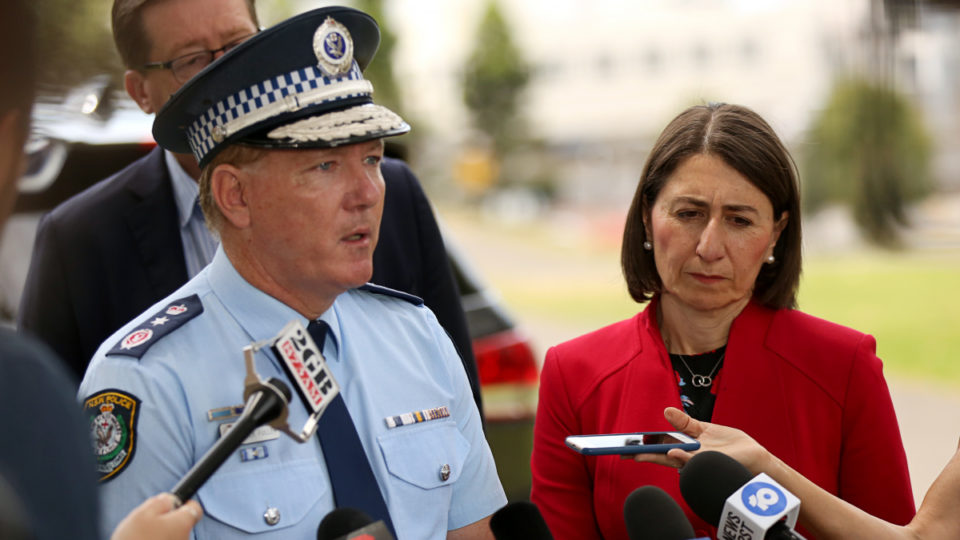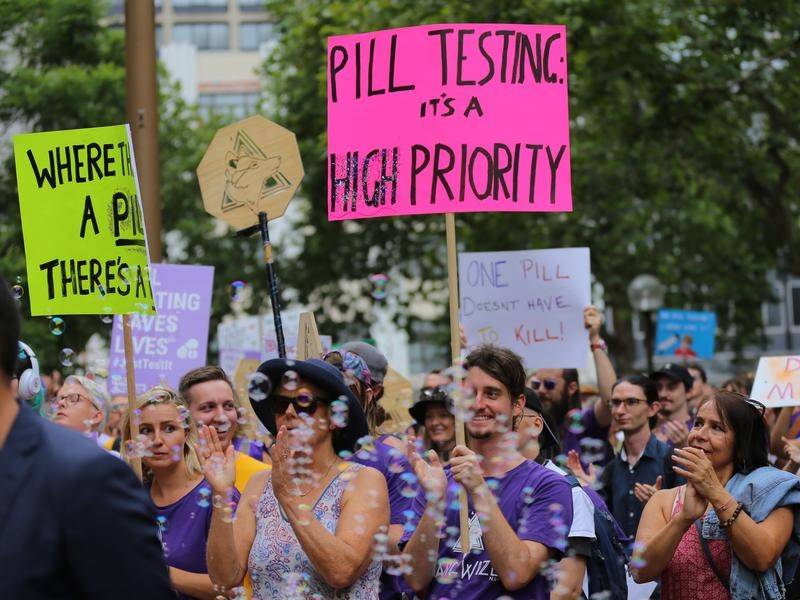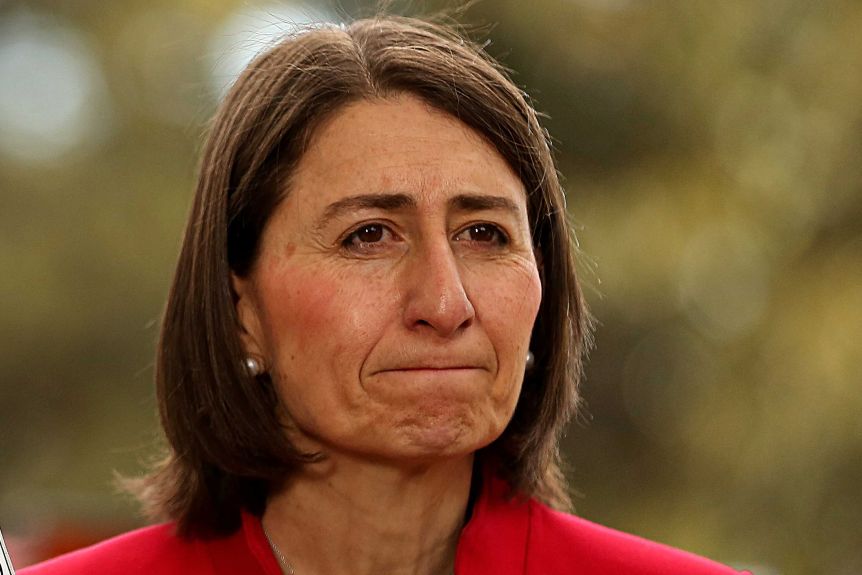Police commissioner, Mick Fuller, has pushed back against suggestions from the New South Wales’ State Coroner to implement pill testing at festivals to help prevent drug-related incidents.

NSW Premier, Gladys Berejiklian, and the Police Commissioner have taken a stance against the recent recommendations from State Coroner, Harriet Grahame. The commissioner reveals he is “gravely concerned” about the message pill-testing sends to festival-goers. “There is no such thing. All illegal substances carry the risk of harming, or ultimately killing, the user.”
The push-back from the Government is nothing new to state of New South Wales, with the introduction of the Music Festivals Bill and long-standing lock-out laws, the suppression of nightlife continues.
Pill Testing – A Start

While the Police Commissioner and Premier insist that current tactics have been implemented to help combat the supply of illicit substances, Grahame says that the use of strip-search and sniffer dog tactics may be more harmful than preventive. Evidence from the report shows that heavy police presence can cause individuals to panic and precipitate “panic ingestion” and “dangerous preloading”, she tells the ABC.
Grahame recommends that pill-testing schemes should be introduced to replace heavy police presence at festivals, which looks to test the contents of illicit substances. Rather than the “just say no” campaign pushed by the Government, the report argues that the introduction of a scheme that will help inform users of the associated risks can reduce drug-related incidents.
The State Coroner is not alone in her stance, with toxicologists supporting the idea of pill-testing initiatives. Dr Dimitri Gerostamoulos, President of the Forensic and Clinical Toxicology Association, told newsGP that most forensic toxicologists, including himself, support the idea of pill testing. However, he argues that the Government will be reluctant to switch their stance due to the potential for unreliability.
Grahame has identified the limitations of pill-testing telling The Guardian:
“Of course drug-checking is not a magic solution to these tragic deaths; of course its introduction will not guarantee further deaths will not occur. Drug-checking is simply an evidence-based harm-reduction strategy that should be trialled as soon as possible in NSW.”
However, introducing the initiative is a start to reduce the police-influenced decisions made by users and inform them of the associated risks.
Jennie Ross-King, the mother of Alex Ross-King who unfortunately overdosed in January 2019, is urging the Government to take on these recommendations as they could help “save someone’s life”.
Decriminalisation
Commissioner Fuller writes in a statement that the police force is staying committed to “reducing the harm caused by the consumption of illegal substances through targeting supply networks and organised criminal groups.”

Gino Vumbaca, convenor of Pill Testing Australia, questioned how the force looks to achieve this by targeting the users of illicit substances. With the main goal of the force to reduce supply networks, the emphasis on personal use seems a tad redundant.
Pushing the idea of personal drug usage as illegal is another reason individuals preload on substances. Possession of these substances can lead to potential jail-time for users, resulting in impulsive decisions made prior to festivals.
Grahame recommends that the decriminalisation of personal drug use will prevent the over-ingestion of substances to avoid being caught. And should the Government oppose this idea (which they basically already have), she recommends implementing drug amnesty bins at festivals.
While these recommendations may not signal the end of drug-related incidents, providing users with assistance and information is a step in the right direction to bring back our nightlife.
For the full report of the State Coroner’s findings, click here.
Subscribe to FIB’s newsletter for your weekly dose of music, fashion and pop culture news!






